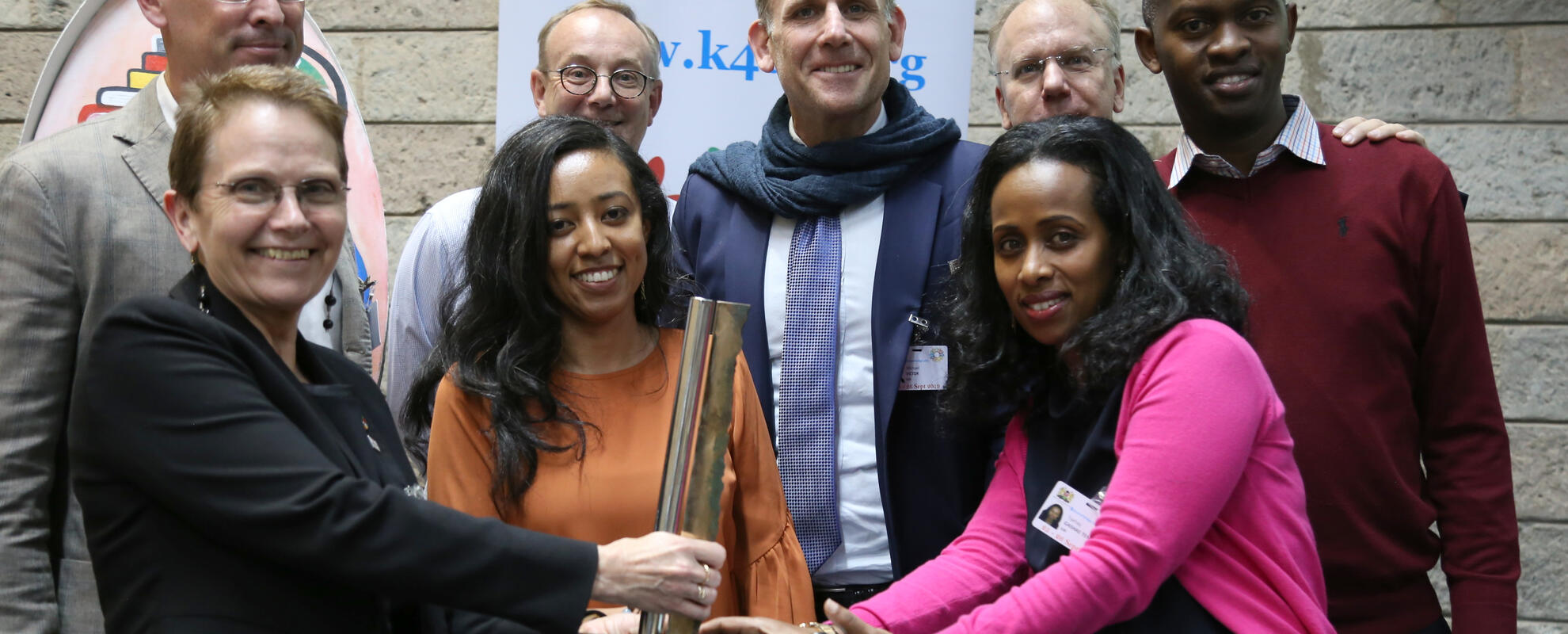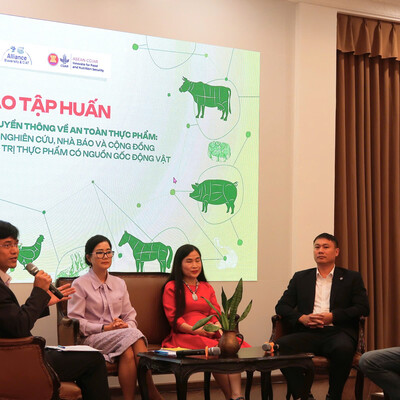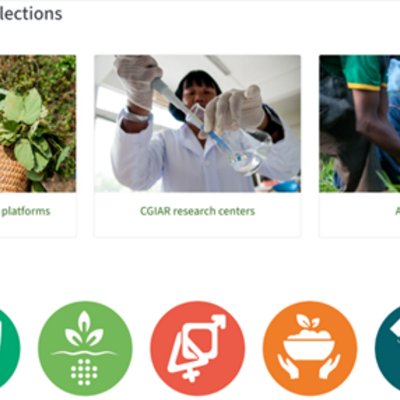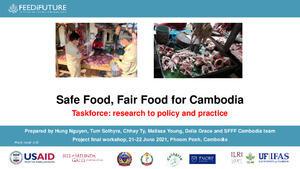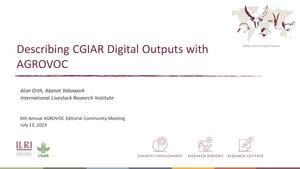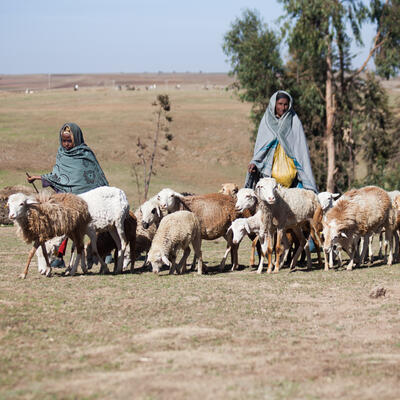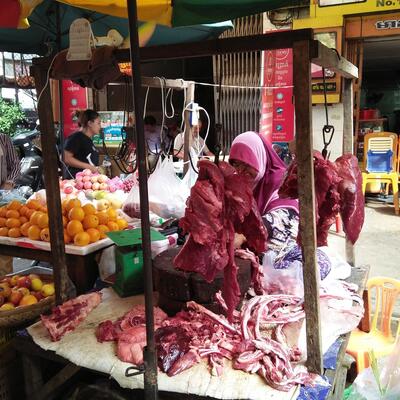
Supporting open research: ILRI’s knowledge management approach
Last week, the International Livestock Research Institute (ILRI) was awarded the 2019 International Knowledge Management Award at a ceremony held in Nairobi, Kenya. The following day Peter Ballantyne and Michael Victor briefly presented elements of ILRI’s KM approach at the Knowledge for Development African Partnership Conference.
For the purposes of this presentation, five main challenges that ILRI’s knowledge management needs to address were identified:
- Increase uptake of research;
- Make research widely available and accessible (as international public goods);
- Embed communications and knowledge sharing at all stages within the research process;
- Enhance collaboration, reach and impact;
- Move towards ‘open’.
The ‘open’ dimension was particularly highlighted as it is seen to:
- Allow partners, collaborators and others to directly use ILRI’s work;
- Increase the visibility of ILRI’s research— whether in journals, social media or through search engines;
- Increase the chances that ILRI’s work will lead to outcomes and impact by removing access barriers;
- Foster collaboration by sharing what ILRI does more widely; others are more likely to see and want to contribute to its work;
- Facilitate the re-use of ILRI’s digital resources across other platforms, through open standards, licences and inter-operability;
- Safeguard ILRI’s institutional memory and legacy for future use.
Two key ‘entry points’ for ILRI’s communications and KM work were explained. The first is to work through and support different projects with a set of rather consistent products and services – a web space, a wiki, a project repository, support to enagage (social) media, publishing services, internal knowledge sharing, and workshops. The approach was guided by lessons from an earlier project where we recognized that projects need different types of support over time, as well as a longer-term perspective where communications starts before a project begins, and ends after it is completed.
The second entry point is around events. Several years ago we realized that ILRI staff and partners perhaps spend more time in events, meetings, workshops and other face to face gatherings than they do undertaking research. Indeed, it seems that meetings have become a core part of the research process. One way to enhance knowledge sharing, learning and communication, we thought, was to improve the way meetings are designed, facilitated and reported. Dozens of meetings later, we see a continuing interest from colleagues in meetings that facilitate exchanges and interaction, engage all participants and match process to objectives. Being part of the meeting – at the table so to speak – also paid off for the KM team who learned and appreciated much better what the scientists were trying to do and thus could better support them. A key part of most meetings is good documentation and we encouraged ‘working out loud’, sharing the insights widely and openly through blogs, websites, wikis and social media.





